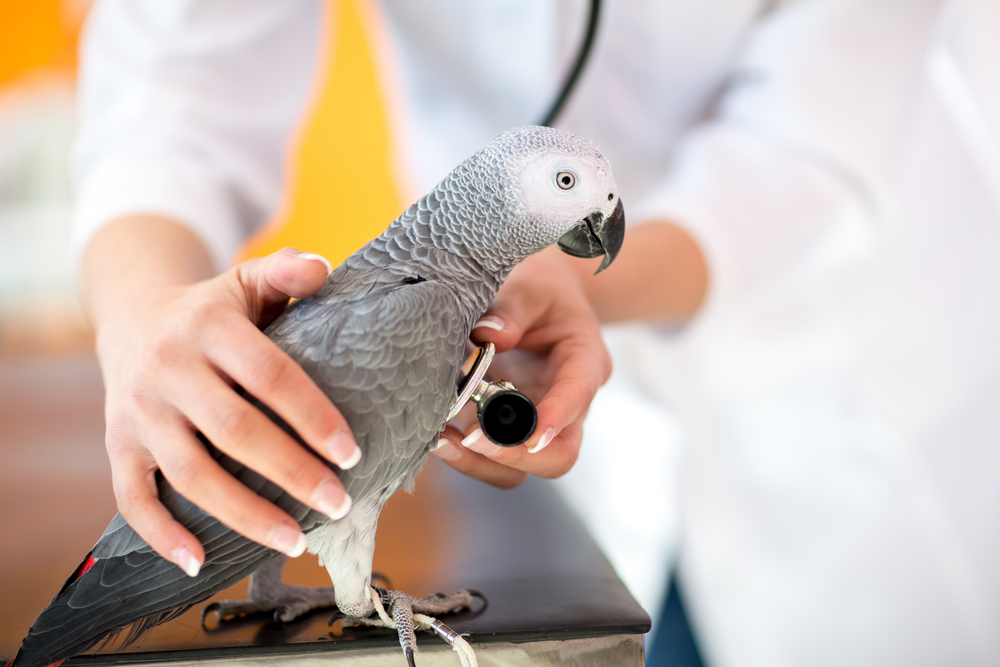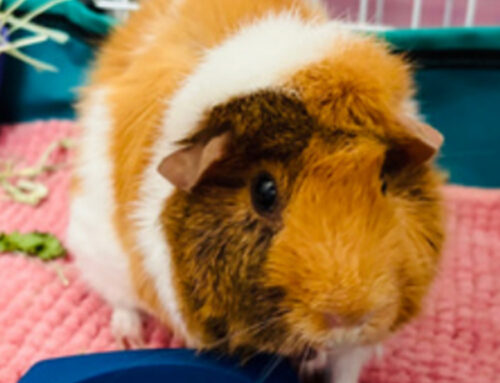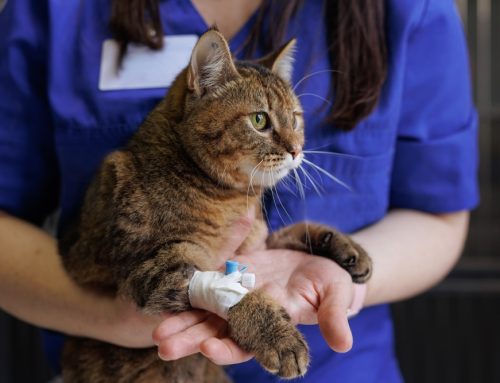Comprehensive Guide to Exotic Pet Care in Cincinnati
Exotic pets, from the scaly to the feathered and furry, bring unique joy and intrigue to our homes. However, their care differs significantly from that of traditional pets like cats and dogs. Exotic pets require specialized attention, unique habitats, and species-specific nutrition to thrive. At Montgomery Animal Hospital, we offer expert veterinary care tailored to these fascinating companions.
Whether you’re caring for a reptile, bird, ferret, rabbit, or small mammal, this guide will help you understand their unique needs and how to provide the best care.
Essential Care Tips for Reptilian Companions
Understanding Your Reptile’s Habitat Needs
Creating the ideal environment for your reptile is essential for their health and longevity. Reptiles rely heavily on their surroundings for warmth, humidity, and proper growth. Here are key factors to consider:
Temperature Control:
- Reptiles are cold-blooded, meaning they rely on external heat sources to regulate their body temperature.
- Example: Bearded dragons need a basking spot of 95-110°F, with a cooler side around 75-85°F.
- Incorrect temperatures can cause lethargy, digestive issues, and severe problems like thermal burns..
Humidity:
- Proper humidity aids in shedding, hydration, and respiratory health.
- Example: Chameleons require 50-70% humidity to thrive. Too little humidity can cause dehydration and stuck shed, while excessive moisture can lead to mold growth and respiratory infections.
Lighting:
- UVB lighting is critical for reptiles like iguanas, turtles, and bearded dragons to synthesize vitamin D3 and absorb calcium.
- Without UVB exposure, they may develop metabolic bone disease, resulting in brittle and deformed bones.
Nutrition and Health for Reptiles
Reptiles have specific dietary needs depending on their species:
- Carnivores (e.g., snakes): Feed whole prey, such as mice, with frequency depending on their size and age (weekly to bi-weekly).
- Herbivores (e.g., iguanas): Offer a variety of leafy greens and vegetables to prevent nutritional deficiencies. Avoid oxalate-rich foods like spinach in excess.
- Omnivores (e.g., turtles and skinks): A mix of animal protein and plant matter is essential. Supplement calcium and vitamins as needed.
- Metabolic Bone Disease: Caused by insufficient UVB or calcium.
- Respiratory Infections: Often due to improper humidity or cold temperatures.
- Parasitism: Weight loss and lethargy often indicate internal parasites, which require fecal exams for diagnosis.
When to Visit a Vet?
Reptiles are skilled at hiding signs of illness, so watch for these subtle changes:
- Lethargy or inactivity
- Loss of appetite
- Skin changes (discoloration, stuck shed)
- Open-mouth breathing or nasal discharge
At minimum, your reptile should see the vet once per year, even when everything is going well. This ensures subtle changes can be tracked before they cause severe issues that are harder and more expensive to reverse.
Caring for Feathered Companions: Birds
Creating a Safe and Comfortable Environment
Birds are intelligent, active creatures that thrive in safe, enriching habitats:
Cage Size and Placement:
- Choose a spacious cage large enough for your bird to fully extend their wings and move comfortably. The more space, the better.
- Place cages away from drafts, direct sunlight, and noisy, high-traffic areas to reduce stress.
Enrichment:
- Birds require mental stimulation to prevent boredom. Provide a variety of toys, puzzles, and perches to encourage natural behaviors like chewing, foraging, and climbing.
- Lack of stimulation can lead to feather plucking, excessive squawking, or depression.
Proper Nutrition is Key
Birds need balanced diets tailored to their species:
- Seeds and Pellets: A base diet of high-quality pellets with a small amount of seeds for variety.
- Fruits and Vegetables: Fresh produce like leafy greens, apples, and carrots provides essential vitamins and minerals.
Common Health Risks Due to Poor Nutrition:
- Obesity: Excessive seeds or fatty foods.
- Liver Disease: A result of long-term nutritional deficiencies.
- Hypovitaminosis A: Caused by lack of vitamin A-rich foods, leading to respiratory issues.
Signs of Illness in Birds
Birds are masters at masking illness, so look for early warning signs:
- Changes in vocalization
- Fluffed feathers or feather plucking
- Abnormal droppings (color, consistency)
- Lethargy or difficulty perching
- Difficulty breathing
- Sudden weight loss
- Inability to move or perch

Special Considerations for Other Exotic Pets
Ferret Care
Ferrets are playful, curious animals that require specialized attention:
- Housing: Provide a multi-level enclosure with tunnels and hiding spots for exploration.
- Diet: Ferrets are obligate carnivores and need a high-protein, low-fiber diet. Kibble formulated for ferrets or raw meat diets work best.
- Insulinoma: A common metabolic condition caused by low blood sugar.
- Dental Disease: Caused by improper diets or lack of dental care.
Rabbit Care
Rabbits are social, gentle pets that need proper care to stay healthy:
- Diet: Rabbits require a high-fiber diet, primarily hay, to promote digestive and dental health. Include leafy greens and limited pellets.
- Housing: Provide spacious enclosures with room to hop, play, and hide.
- GI Stasis: A life-threatening condition caused by poor diet or stress.
- Dental Disease: Rabbits’ teeth grow continuously and require constant wear through chewing hay.
Why Choose Montgomery Animal Hospital for Your Exotic Pet?
At Montgomery Animal Hospital, our exotic pet care is led by experienced veterinarians, including Dr. Krumanaker, who has extensive training in avian, reptile, and small mammal care. Dr. Curtis loves seeing rabbits as patients! Our team undergoes ongoing education to stay at the forefront of exotic animal medicine.
Schedule Your Exotic Pet’s Visit Today
At Montgomery Animal Hospital, we’re dedicated to providing the best care for every pet—whether they have feathers, scales, or fur. Exotic pets require specialized attention, and our team is ready to support you every step of the way.
Schedule an Appointment or call us at (513) 791-7912 to ensure your exotic pet receives the expert care they deserve.
Your unique pets deserve exceptional care—and we’re here to provide it.








Leave A Comment